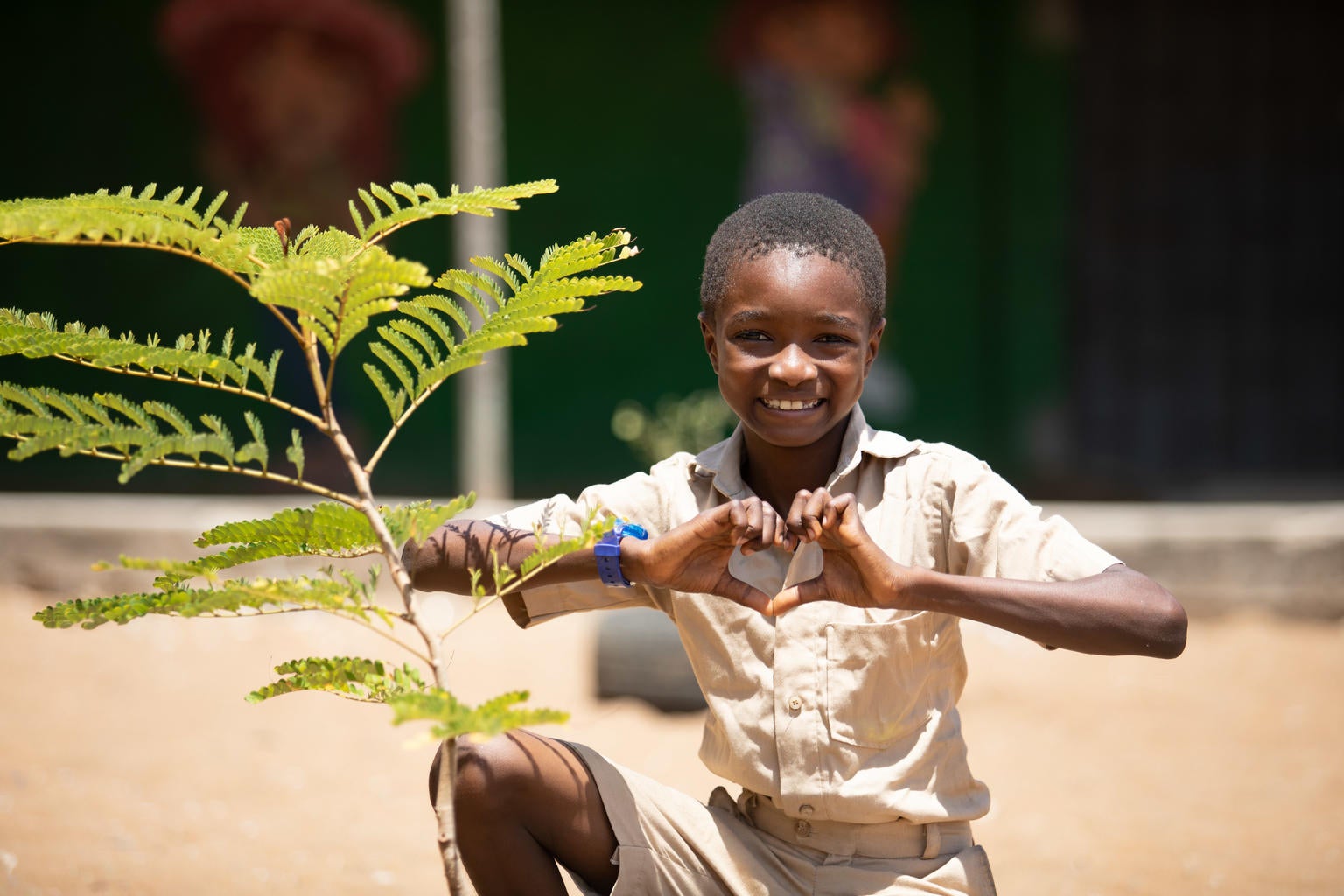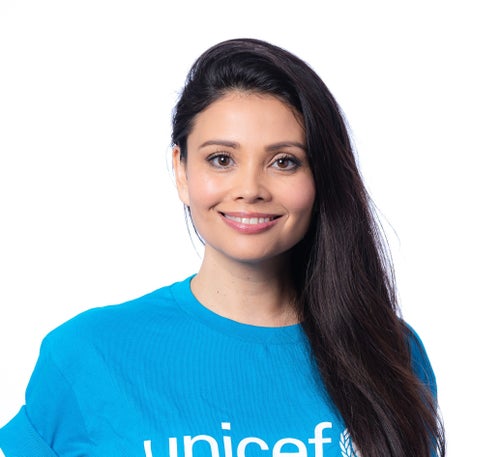Support Children in Crisis
In a world full of unpredictability and uncertainty, investing for impact is more vital than ever. At UNICEF, we ask how we can contribute to a world where children are healthy, safe, and have the opportunity to fulfill their potential. With the support of partners like you, UNICEF works alongside the government and the local community to respond to the specific needs of the most vulnerable children, while laying the foundations for sustainable change.
Make a lasting impact and donate to UNICEF’s ongoing efforts to support children and their families and make a difference to their future.
Children of Gaza
Children are in crisis and desperately need your help. Donate today to support UNICEF’s ongoing efforts.
Bridging the Gap: Funding the Future of Children Tax Appeal
Help us bridge the gap for every child.
Working together to create lasting change for the world’s children.
Across the world, children have the right to be healthy, educated and safe. With support from Australian philanthropists, we’re out in the field working to make this possible for every child in need. Everywhere. No Matter What.
100 per cent donor funded, UNICEF Australia needs your help to change not just communities, but countries and entire regions to deliver transformational and sustainable change for vulnerable children.
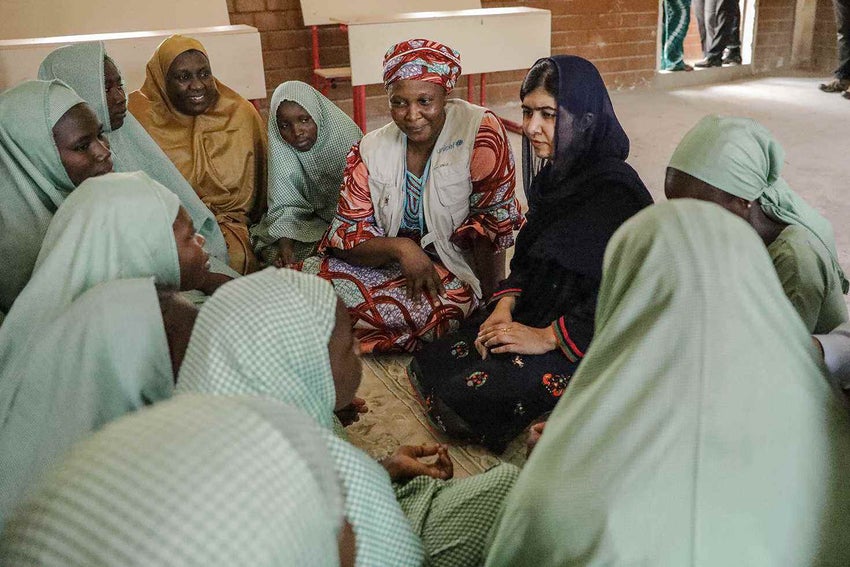
Putting you in control of your philanthropic journey
Philanthropic support allows us to provide long-term and sustainable change for the world’s children. Because we partner with local communities, governments, and the private sector we are able to target inequality at its root and scale up successful community programs.
As an individual, or through a Trust or Foundation, you are able to engage on a deeper level with the work that UNICEF Australia does to help children in need.
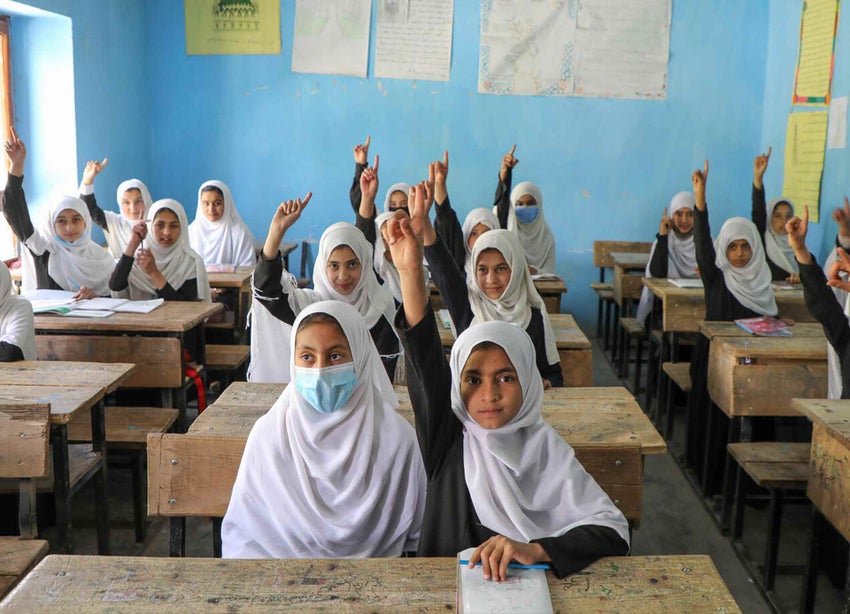
Choose how you would like to make a difference for the world’s children.
A Dedicated Relationship Manager
Your dedicated relationship manager will get to know your values and vision for your philanthropy. We can then build a strategy for support around the UNICEF programs that will achieve the most impact.
Tailored Reporting
We keep you up-to-date with how your donation has impacted children through timely, tailored reporting. We will also keep you informed on our other priority areas so that you can get a holistic view of the work we do.
Family Philanthropy
Come on a journey as a family with UNICEF, establish a culture of giving for generations, and create a lasting impact for children everywhere.
Being big is good
UNICEF is the world’s largest organisation working to protect children. Our sheer scale means we’re able to get the money to where it’s needed most while working at community and policy levels to influence meaningful, long-term and sustainable change.
Investing in UNICEF philanthropic programs is one of the best ways to achieve the greatest return on investment for children. On average, 82 cents of each dollar donated goes directly to our long-term development projects and emergencies.
UNICEF can provide high-impact, low-cost solutions for children that address the challenges faced by families across the world.
- Each year we vaccinate almost half of the world’s children under five against preventable diseases.
- With the largest humanitarian supply warehouse in the world, we have economies of scale.
- At the onset of an emergency, no matter where it is in the world, we get the help where it’s needed most in just 48 hours. We have one of the largest and most efficient supply chains in the world.
We work with local communities and Governments, which is the ONLY way to change the system and ensure that the UNICEF philanthropic programs you support are sustainable in the long term.
As part of the United Nations, UNICEF is uniquely positioned to bring together international, national and local leaders to find sustainable solutions for children to avoid piecemeal, and/or project based, short-term solutions.
From community to government and advocacy levels, we take a system strengthening approach – meaning to achieve sustainable outcomes, we work with local governments to ensure all the elements are in place to create an environment in a country that is conducive to the rights of children. As part of this, we focus on data collection to ensure that we are having an impact and, if not, why and how can we change our processes and programs to achieve impact.
Online philanthropy has become that much easier. You can support UNICEF programs in Australia and overseas with the option to donate via cryptocurrency, including Bitcoin (BTC) and Ethereum (ETH), through our fundraising collaborations with The Giving Block and our crypto wallet custodian, Gemini.
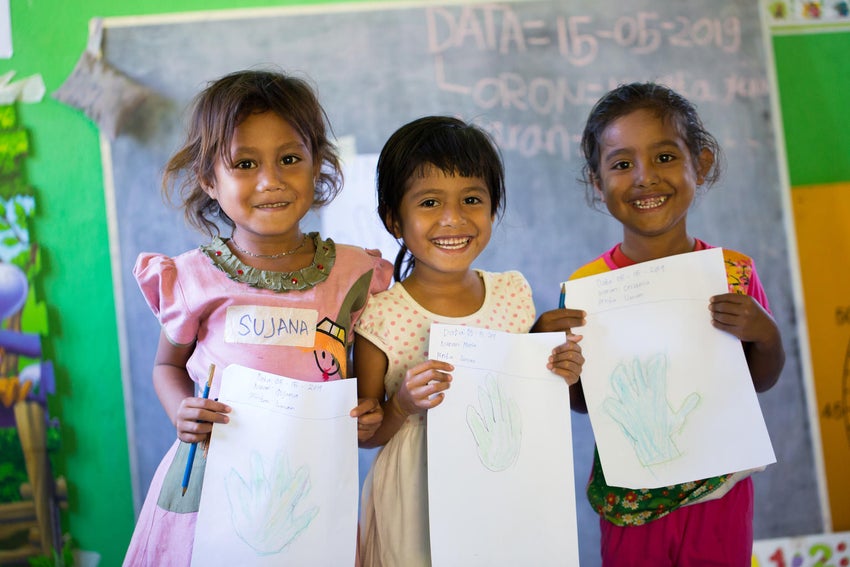
Philanthropist Stories
We have been providing support to UNICEF Australia for several years.
"We were struck from the first conversations by the outstanding level of integrity and professionalism at UNICEF Australia, their universal commitment to children, and their focus on long-term sustainable solutions. As individuals, we have also greatly appreciated the informative communications we have with UNICEF Australia staff and the opportunities they have given us to engage in a meaningful way with development projects.
We are supporting an early childhood education development program in Timor-Leste. We chose this project as we felt that our contribution could have a long-term positive impact on the children and their communities. As a developing nation, Timor-Leste is now at a transformative time in its history when strong progress is possible. Recently, we went with UNICEF to visit Timor-Leste. It was inspirational to see for ourselves how education is valued and desired, even in the most remote and impoverished areas."
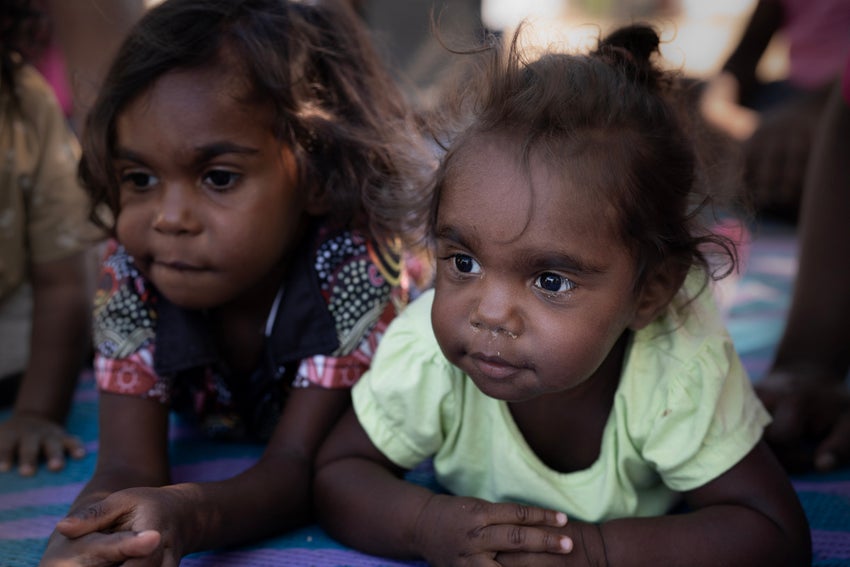
Five myths about UNICEF
Although we are a United Nations agency, we receive no funding from them. We rely entirely on voluntary contributions from national governments and private donors like you.
Contact UNICEF Australia's Philanthropy Team
Your questions answered
Philanthropy is about improving the wellbeing of humankind to prevent and solve social problems. It’s a form of charitable giving by individuals and businesses who support projects and programs by organisations like UNICEF Australia that generate meaningful and sustainable change.
A philanthropist is a person with a concern for human welfare and who gives generously financially to help prevent and solve social issues while enhancing quality of life for all.
Philanthropic giving involves making a positive impact by generously donating and supporting causes that aim for the greater good. It's about contributing to positive change and making a difference in areas like education, healthcare, social welfare, and more.
The fundamental difference between charity and philanthropy is that charities focus on temporary solutions to social problems. In contrast, philanthropy focuses on eliminating social problems by supporting projects and endeavours for the betterment of society. Having said that, UNICEF Australia, as a charity, also focuses on long-term solutions.
The United Nations established UNICEF (United Nations International Children’s Emergency Fund) in 1949 to provide humanitarian and developmental aid to children worldwide. It has since become the world’s largest children’s rights organisation, yet it receives no funding from the UN. Instead, it relies entirely on voluntary income.
In 1989, the world came together and made a set of promises to all children, which the UN adopted as the Convention on the Rights of the Child. Almost every government in the world has ratified this, agreeing to uphold the rights of all children in their countries. UNICEF is the only children’s organisation specifically mentioned in the Convention, which states that Governments can look to UNICEF for expertise in issues relating to children.
As a result, UNICEF’s way of working differs from other development organisations. We work to support governments to deliver the Sustainable Development Goals and fulfil the rights of every child. This does not mean replacing the work governments should be doing. Rather, we support them in under-resourced areas, setting our budgets alongside theirs in order to fill the gaps for children. We act as expert advisors on matters relating to child survival, education and child protection. We pilot projects then we support the government to take them to scale. This ensures the ultimate sustainability of our work.
We’re often asked this question – and it’s true, UNICEF is a big place! In fact, it’s because of our size that we can achieve economies of scale and maximise your impact.
For example, UNICEF is the largest buyer of childhood vaccines globally. This means we can purchase in bulk and negotiate very low prices so that your dollar goes further.
The way we work is also different from other organisations. UNICEF supports governments in fulfilling the rights of every child. As a result, our programs are sustainable, and the investment you make today will continue to pay dividends in the years to come.
Because UNICEF Australia is an accredited partner with the Department of Foreign Affairs and Trade, every donation you make to our programs is combined with funding from the Australian Government to reach more people.
We have decades of experience helping children caught up in crisis, from armed conflict and mass migration to natural disasters. In an emergency, we have the capacity to send 90 cents of every dollar directly to programs in the field. The remaining funds cover important administrative costs, such as research projects to ensure that we reach communities with the most effective solutions, and audit and risk processes so we can be certain your gift is used wisely.
UNICEF is funded entirely by voluntary contributions – and we are committed to making every dollar go further to save and improve children’s lives.
UNICEF is entirely supported by the voluntary contributions of governments, non-governmental organisations (NGOs), foundations, corporations and private individuals.
UNICEF is active in more than 190 countries and territories – more than any other children’s organisation. We have a local presence but a global reach. We work with our network of local partners on the ground, ensuring our expertise stays close to the communities we want to help. With 80 per cent of our staff in field offices being national to the countries we work in; we can adapt our programs to suit local cultures and contexts. Our international staff bring additional expertise from around the globe to ensure that the solutions for children benefit from successes in other countries as well.
UNICEF’s unique approach means that we do not come in to complete projects as an act of charity and move on. Our long-term presence and experience are well-respected and means we can put governments and communities in touch and equip them with the skills they need to work to fulfil the rights of every child in their own countries. We don’t just help people to help themselves – we help nations to help themselves.
We always put the child at the heart of what we do by focusing on strengthening systems at a community, government and advocacy level. Data collection is a key area of focus for us, so we can ensure that we have an impact and, if not, why and how can we change our processes and programs to achieve impact.
We have excellent internal mechanisms to ensure that money is channeled based on needs and where it can best be spent. Often donors like to support the same countries or themes, which can result in an imbalance of resource allocations to the detriment of the world’s children overall. Therefore, we encourage people to give to where the need is greatest at the time. We also understand that at the beginning of your journey with UNICEF you might like your donation to go to somewhere more specific and a program that speaks to you, this is possible at certain giving levels.
Because we have 60-plus years of field experience, we know how to ensure long-term improvement – this is a crucial element of our programming approach. Just look at UNICEF’s history and achievements over those years:
- UNICEF has been instrumental in polio eradication, with Wild Poliovirus cases having decreased by over 99 per cent since 1988.
- Infant mortality rates were dropping up until the AIDS pandemic in Africa and now other parts of the world. Yet despite this, there has been a 1/3 improvement achieved over the past 10 years
- The eradication of debilitating diseases like Guinea Worm, which used to rob people of their futures and their ability to work
- The rise in numbers of children in primary school
- Significant improvements in the nutrition of children
- Instrumental in the Convention of the Rights of the Child
- UNICEF’s work in times of emergency



